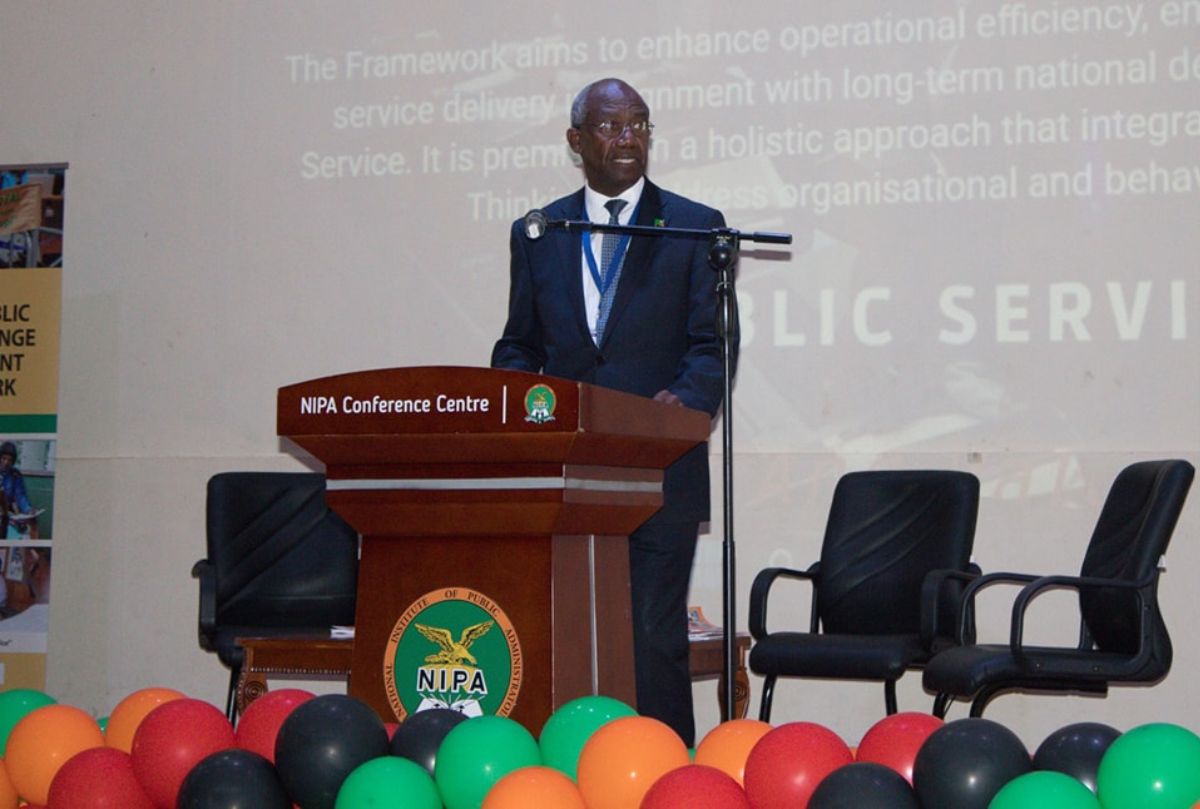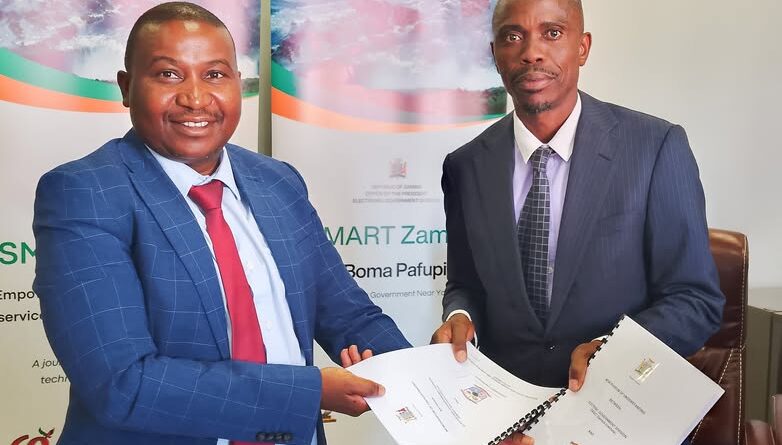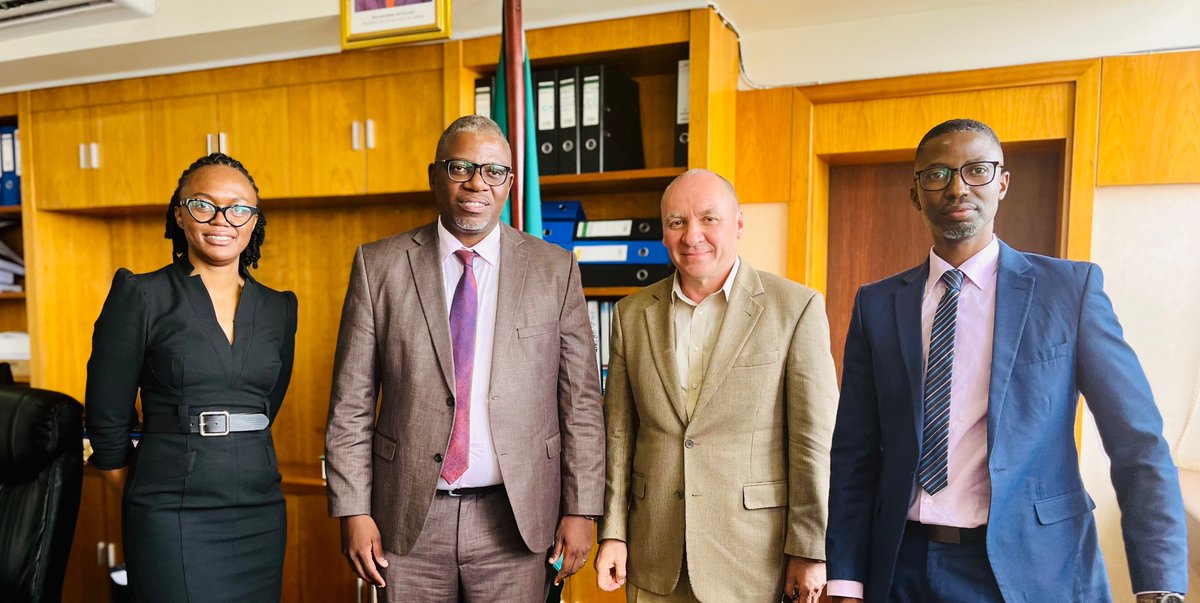The Zambian government has introduced the Public Service Change Management Framework, a major step towards improving service delivery and digital transformation.
The e-Government Division (SMART Zambia Institute) was commended for its efforts to transform access to government services through digital means by Secretary to the Cabinet Patrick Kangwa, who oversaw the launch.
Mr Kangwa emphasised that, in a major step towards effective and corrupt-free service delivery, citizens can now pay for government services via digital platforms. Percy Chinyama, the National Coordinator of SMART Zambia, was also commended by him for spearheading the agenda for digital transformation.
Read also: Zambia launches citizen support portal to improve service delivery
Zambia’s efforts to adapt to evolving tech innovations
The launch is a component of the government’s endeavours to adjust to the changing technology landscape and the demands of its constituents.
The importance of the civil service in promoting development, raising standards of living, and assisting in the expansion and employment of the private sector has been underlined by Mr Kangwa.
Mr Kangwa has declared that all public service directors and assistant directors will be placed on contracts by February 28, 2025, as part of an order to promote reform.
The framework’s significance was emphasised by Ms. Kusobile Kamwanbi, head of the Presidential Delivery Unit (PDU), who said it couldn’t have arrived at a better moment, particularly when citizens require faster services.
The Zambian government’s introduction of the framework was also praised by Mr. Axel Ulmer, country director of GIZ Zambia.
Read also: SMART Zambia partners with CBU to drive localised software and systems development
Citizens Support Portal to improve public service delivery
Similarly, The Citizen Support Portal was launched last month by the Zambian government as part of its ongoing initiatives to improve transparency, service delivery, and public participation.
The SMART Zambia Institute’s e-government branch created the Citizens Support Portal as a digital platform to help citizens and the government communicate more effectively. Through this platform, citizens can provide feedback to the government regarding the services provided by different entities.
Additionally, the portal promotes accountability and openness by giving citizens real-time updates on the status of their requests and complaints.






